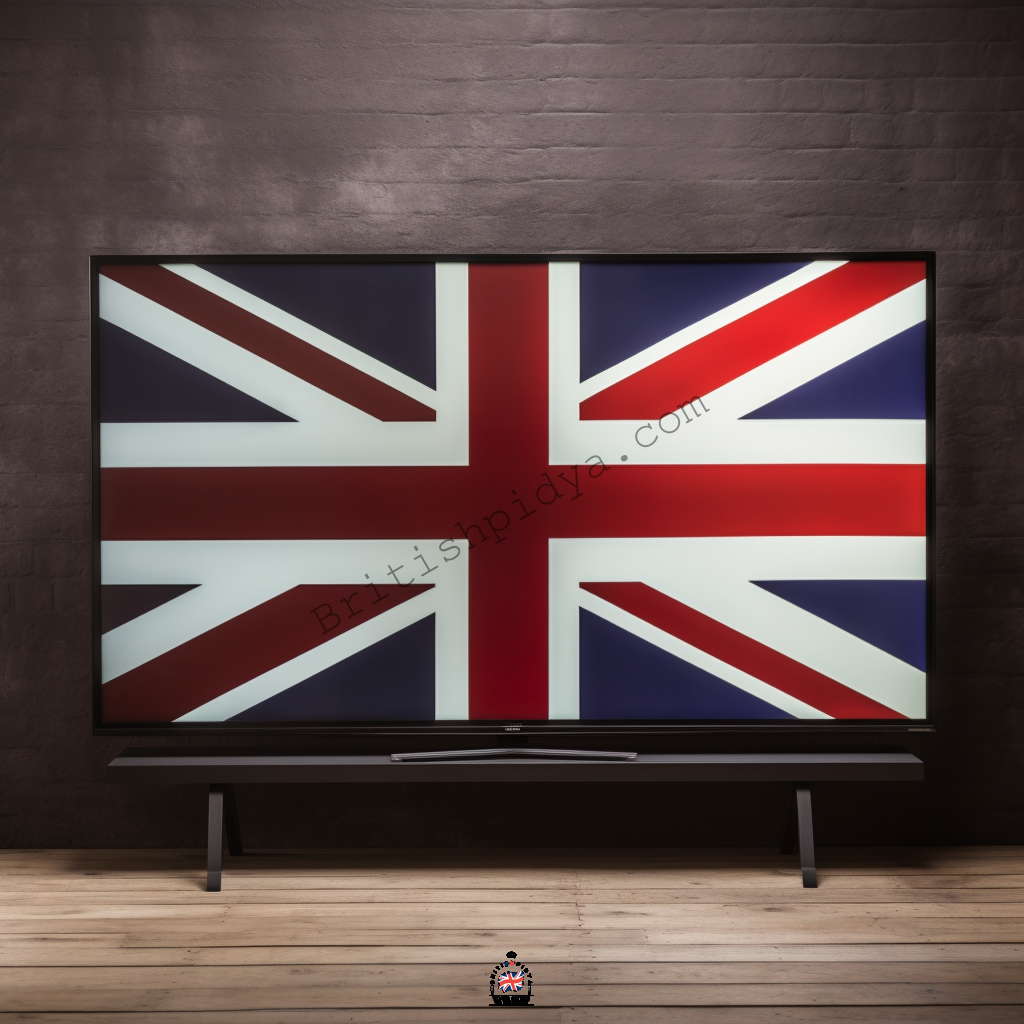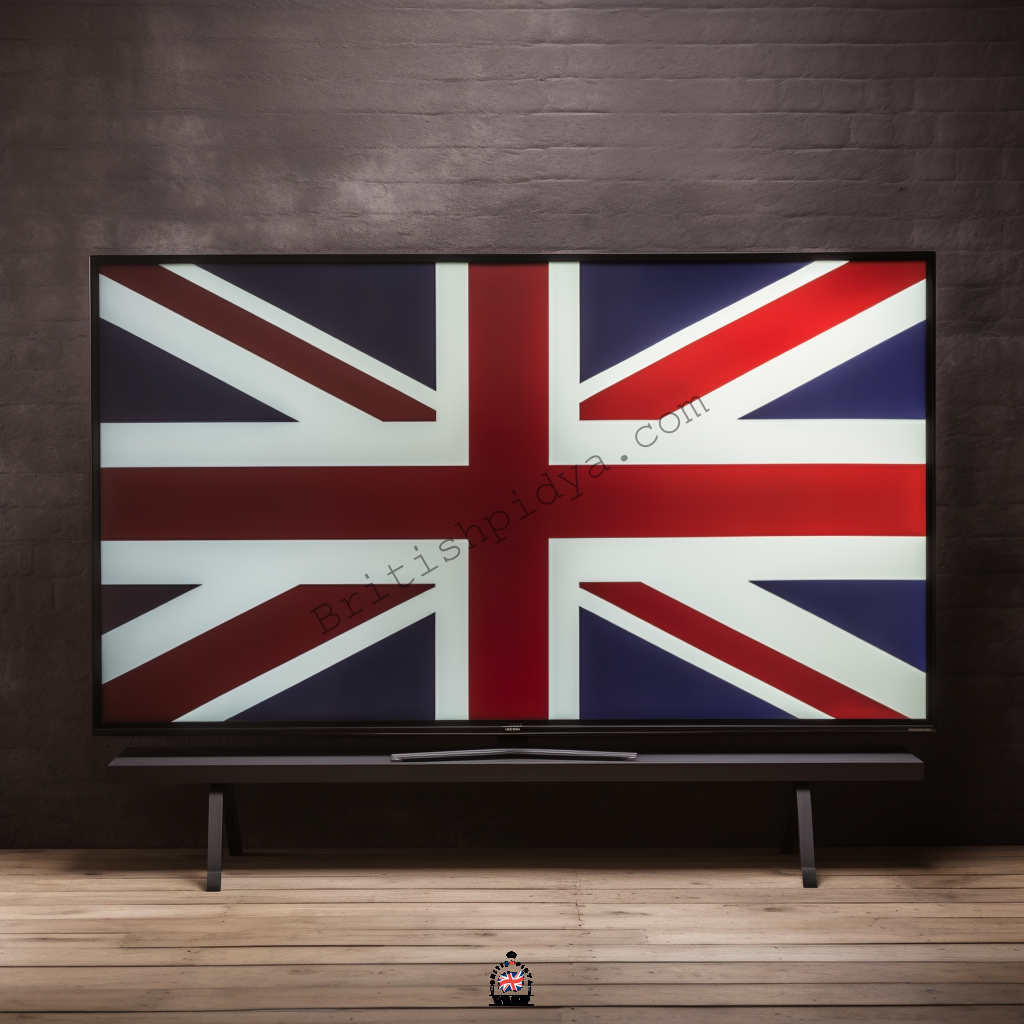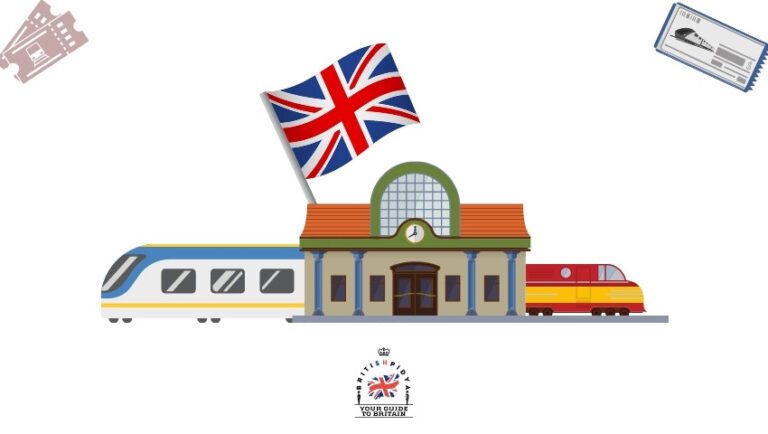Television Licensing in the United Kingdom: Rules, Costs and Enforcement 2023
Learn all about Television Licensing in the United Kingdom – who needs a TV licence, how much it costs, where to purchase, penalties for evasion, and more. Understand the rules and requirements around the TV licence fee, a mandatory tax that funds the BBC.
Get a comprehensive overview of TV licensing in the UK – when you need one, how to apply, discounts available, and consequences of avoiding payment.

What is the TV Licence?
The TV licence is a tax mandated by the UK government that funds the BBC and its television, radio and online services. Revenue from TV licences makes up over 75% of the BBC’s budget.
The licence fee is formally known as the “BBC Television Licence Fee” and comes under the Communications Act of 2003 and the Communications (Television Licensing) Regulations 2004.
In short, if you watch, stream or record television programming as it’s being broadcast in the UK, you need a valid TV licence.

When is a TV Licence Required?
You need a TV licence if you:
- Watch live television on any channel, whether via an aerial, satellite dish, cable, or online streaming.
- Record live TV to view later – for example, using a DVR, VHS, DVD or PVRS.
- Watch any BBC iPlayer content live or on demand.
- Watch other online streaming services that show live British television like YouTube Live, Amazon Prime Video, Now TV, Sky Go, etc.
You do NOT need a licence if you only ever watch:
- On demand services like Netflix, Now TV, Disney+ and Amazon Prime Video.
- Recorded movies and shows after they air.
- DVDs and Blu-rays.
- YouTube videos or other non-live internet content.
Essentially, only watching live TV or BBC content requires a licence. Anything strictly on demand is licence free.

TV Licensing for Homes
For homes in the UK, you need to purchase a TV Licence if you watch TV at the property. This covers:
Individual Homes
If you live alone or only with a partner/family, a single licence covers your household’s TV watching.
House Shares
In a shared property, you only need one licence to cover a shared living area used by all occupants.
But any housemates who watch TV separately in individual bedrooms must purchase their own licence.
Student Accommodation
Students living in university dorms or halls only require a licence for TVs in their private bedroom. Shared communal dorm areas should already be covered.






